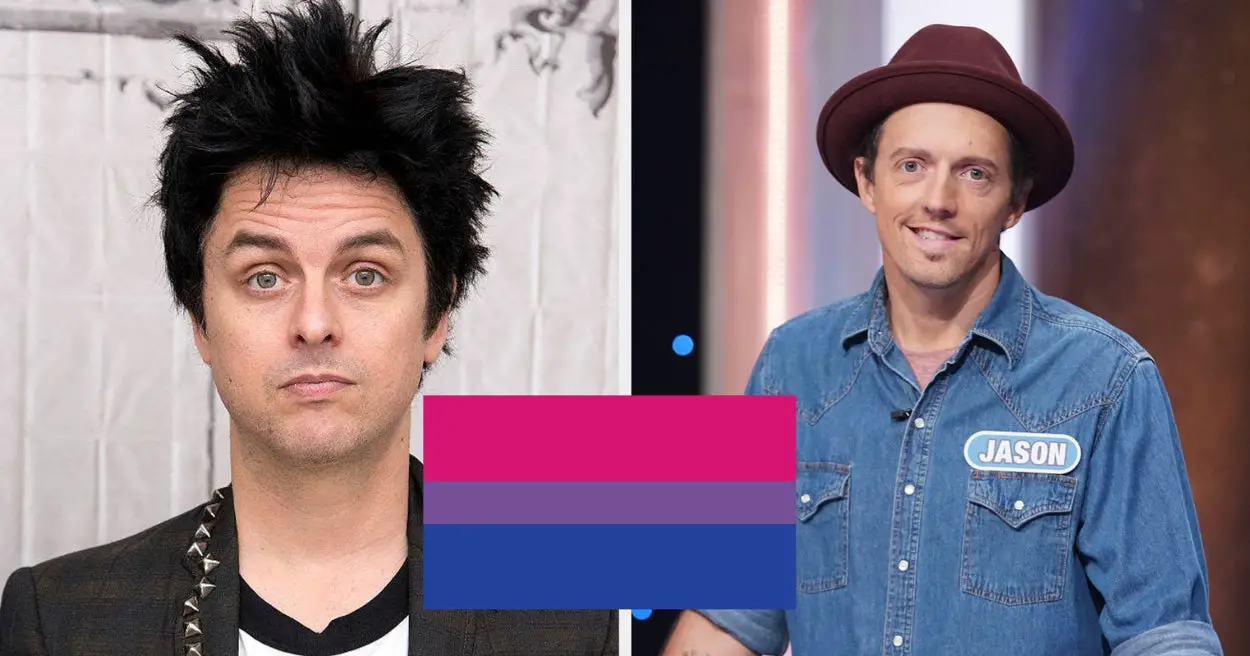TikTok has come under increasing scrutiny as its popularity has surged. In this trend’s latest and farthest-reaching development, the White House has banned the app on all federal government devices.
While this ban is the most decisive action the U.S. government has taken against TikTok, it’s far from the first. The White House, Department of Defense, Homeland Security, and more all removed the app from their devices before the federal ban.
It’s also a potentially controversial move, given TikTok’s massive popularity.
TikTok has come under increasing scrutiny as its popularity has surged. In this trend’s latest and farthest-reaching development, the White House has banned the app on all federal government devices.
While this ban is the most decisive action the U.S. government has taken against TikTok, it’s far from the first. The White House, Department of Defense, Homeland Security, and more all removed the app from their devices before the federal ban.
It’s also a potentially controversial move, given TikTok’s massive popularity. However, while an outright ban may seem extreme initially, it may be a necessary security measure.
The State of Government TikTok Bans
The White House’s ban follows a December 2022 ruling from Congress that required the Biden administration to bar the app from federal devices within 60 days. Federal employees aren’t the only government officials facing TikTok restrictions, either.
At least 24 states have also banned TikTok on government devices. These vary in breadth and severity, with some offering exemptions for certain entities. For example, Wisconsin still allows the University of Wisconsin to use the app to help its recruiting efforts, despite restricting it to other state-run organizations.
Governments outside the U.S. have also enforced similar restrictions. Canada has announced a TikTok ban to keep the app off government-owned devices nationwide. The European Union temporarily prohibited TikTok for its executive branch a week prior.
India was one of the first countries to take action against TikTok, banning it and other Chinese-run apps in 2020 after a military dispute with China. Taiwan, Pakistan, and Afghanistan have also issued restrictions on the app.
Why Government Agencies Are Banning TikTok
This series of bans stem mainly from concerns over TikTok’s Chinese ownership. ByteDance, the company that owns the app, is Chinese, so the government may be able to access its data. Many lawmakers fear that could lead to Chinese agencies using the popular app to spy on users, especially government officials.
Visibility and transparency are crucial to building public trust in government organizations. If an agency can’t confirm or deny how a foreign government may use their employees’ data, it’s challenging to maintain that openness. Consequently, removing TikTok helps retain a higher standard of data visibility.
There are also widespread concerns about how the Chinese government may use TikTok to promote misinformation. If Chinese agencies can access and control the app’s data, they could push propaganda or hide content criticizing the nation and its legislative practices.
Should Businesses Follow Suit?
In light of these sweeping government restrictions and the reasoning behind them, some businesses may want to take similar action. Recent incidents like the police data breach that potentially exposed more than 23 terabytes of data on Chinese citizens put apps like TikTok in a suspicious light. Hacks like this suggest information may be at risk of leaking if the government can access it.
It’s worth noting that TikTok has denied allegations that it exposes user data to the Chinese government. It claims it routes all U.S. data to Silicon Valley cloud servers and wouldn’t share information with government agencies if asked. However, the parent company ByteDance is still under Chinese jurisdiction, so it may have to comply with requests.
Given that uncertainty and the extent of the Chinese government’s history of data surveillance, organizations with highly sensitive information may want to steer clear of the app. Even outside these concerns, TikTok privacy issues affect virtually all social media.
Security researchers have found that TikTok is no more prone to hackers or other cybersecurity issues than any other platform. However, social media, in general, is far from private. These companies collect considerable user data, so businesses should be wary of how much sensitive information they connect with these accounts.
The Future of Social Media Bans
More government agencies moving to ban TikTok raises questions about similar apps and platforms. Commerce Secretary Gina Raimondo has also voiced concerns over other Chinese-run apps like Shien and Temu. Many of the most popular apps on Google and Apple stores come from Chinese companies, making them subject to the same government surveillance concerns.
It’s unclear whether the U.S. will restrict these apps the way it has TikTok. TikTok remains uniquely popular despite its security issues. The app has more than 834 million global users, so if the Chinese government would use any app to spread propaganda or access user data, it makes the most sense to use TikTok.
Stay Vigilant About App Security
These trends highlight the need to vet apps carefully. TikTok may not have any unique cybersecurity risks. Still, its popularity and Chinese ownership introduce too many concerns for it to be safe for federal agencies and other organizations with sensitive data.
Whether similar regulations will emerge over other apps remains unclear. In the meantime, businesses and individual users should stay on top of developing trends and err on the side of caution to keep their data safe.
.
The State of Government TikTok Bans
The White House’s ban follows a December 2022 ruling from Congress that required the Biden administration to bar the app from federal devices within 60 days. Federal employees aren’t the only government officials facing TikTok restrictions, either.
At least 24 states have also banned TikTok on government devices. These vary in breadth and severity, with some offering exemptions for certain entities. For example, Wisconsin still allows the University of Wisconsin to use the app to help its recruiting efforts, despite restricting it to other state-run organizations.
Governments outside the U.S. have also enforced similar restrictions. Canada has announced a TikTok ban to keep the app off government-owned devices nationwide. The European Union temporarily prohibited TikTok for its executive branch a week prior.
India was one of the first countries to take action against TikTok, banning it and other Chinese-run apps in 2020 after a military dispute with China. Taiwan, Pakistan, and Afghanistan have also issued restrictions on the app.
Why Government Agencies Are Banning TikTok
This series of bans stem mainly from concerns over TikTok’s Chinese ownership. ByteDance, the company that owns the app, is Chinese, so the government may be able to access its data. Many lawmakers fear that could lead to Chinese agencies using the popular app to spy on users, especially government officials.
Visibility and transparency are crucial to building public trust in government organizations. If an agency can’t confirm or deny how a foreign government may use their employees’ data, it’s challenging to maintain that openness. Consequently, removing TikTok helps retain a higher standard of data visibility.
There are also widespread concerns about how the Chinese government may use TikTok to promote misinformation. If Chinese agencies can access and control the app’s data, they could push propaganda or hide content criticizing the nation and its legislative practices.
Should Businesses Follow Suit?
In light of these sweeping government restrictions and the reasoning behind them, some businesses may want to take similar action. Recent incidents like the police data breach that potentially exposed more than 23 terabytes of data on Chinese citizens put apps like TikTok in a suspicious light. Hacks like this suggest information may be at risk of leaking if the government can access it.
It’s worth noting that TikTok has denied allegations that it exposes user data to the Chinese government. It claims it routes all U.S. data to Silicon Valley cloud servers and wouldn’t share information with government agencies if asked. However, the parent company ByteDance is still under Chinese jurisdiction, so it may have to comply with requests.
Given that uncertainty and the extent of the Chinese government’s history of data surveillance, organizations with highly sensitive information may want to steer clear of the app. Even outside these concerns, TikTok privacy issues affect virtually all social media.
Security researchers have found that TikTok is no more prone to hackers or other cybersecurity issues than any other platform. However, social media, in general, is far from private. These companies collect considerable user data, so businesses should be wary of how much sensitive information they connect with these accounts.
More government agencies moving to ban TikTok raises questions about similar apps and platforms. Commerce Secretary Gina Raimondo has also voiced concerns over other Chinese-run apps like Shien and Temu. Many of the most popular apps on Google and Apple stores come from Chinese companies, making them subject to the same government surveillance concerns.
It’s unclear whether the U.S. will restrict these apps the way it has TikTok. TikTok remains uniquely popular despite its security issues. The app has more than 834 million global users, so if the Chinese government would use any app to spread propaganda or access user data, it makes the most sense to use TikTok.
Stay Vigilant About App Security
These trends highlight the need to vet apps carefully. TikTok may not have any unique information security risks. Still, its popularity and Chinese ownership introduce too many concerns for it to be safe for federal agencies and other organizations with sensitive data.
Whether similar regulations will emerge over other apps remains unclear. In the meantime, businesses and individual users should stay on top of developing trends and err on the side of caution to keep their data safe.










Leave a Reply